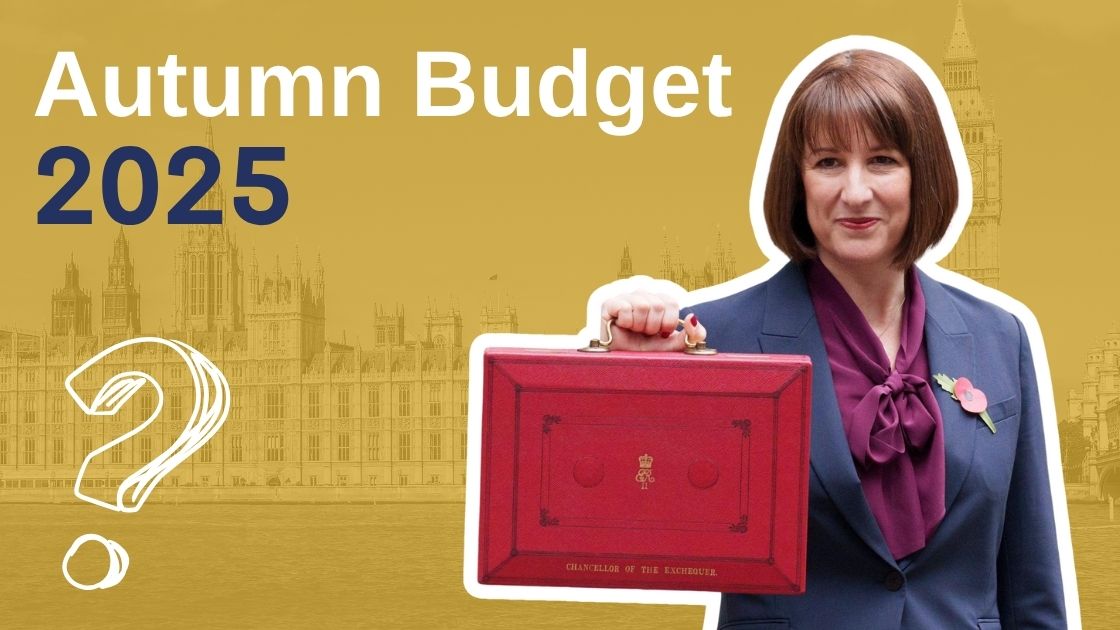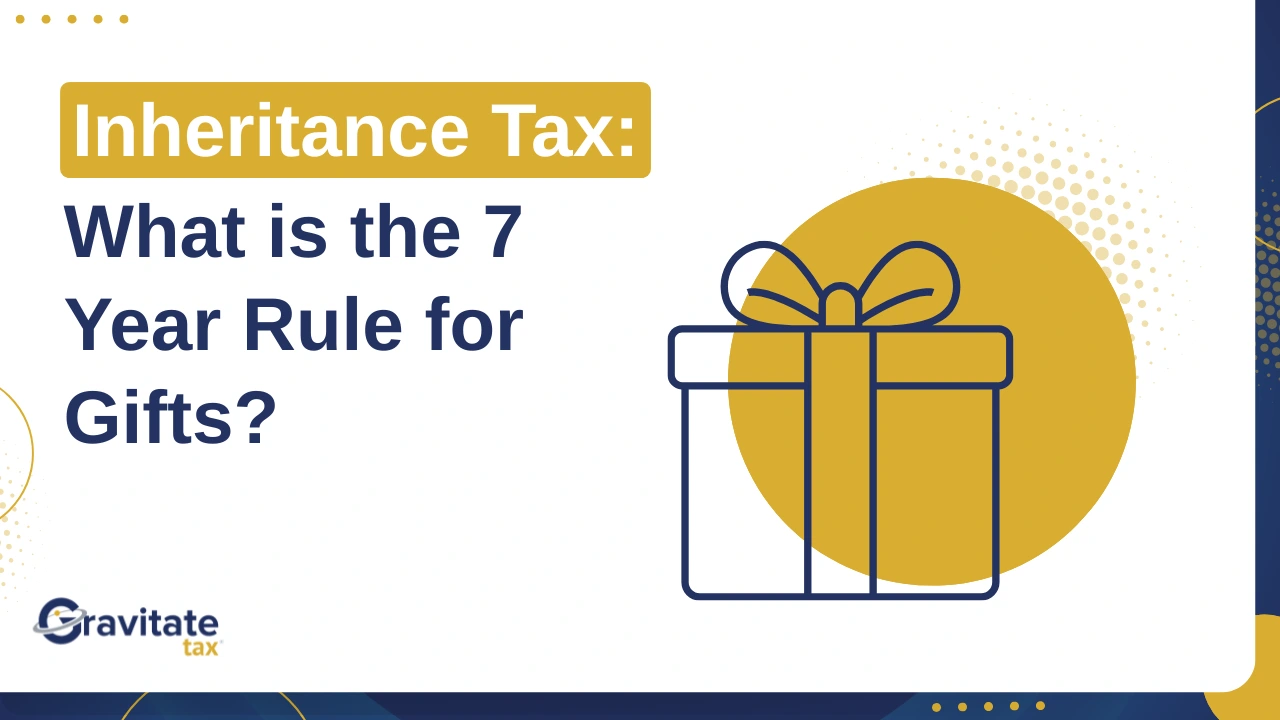As Chancellor Rachel Reeves prepares her second Autumn Budget, the UK’s fiscal landscape is likely to be shaken up once again.
In her debut last year, Reeves introduced big tax reforms that aimed to raise £40 billion in new revenue. But with public services under massive pressure and borrowing limits tightening, another round of significant fiscal measures looks likely.
No Income Tax, VAT or NI rises?
But there’s a twist to all this. The government has previously pledged not to raise Income Tax, VAT, or National Insurance, which accounts for around 61% of government receipts. So where is this additional revenue going to come from?
Assuming they don’t reverse their position on IT, VAT and NI, Reeves will need to consider alternative levers, and the pain may fall in less obvious areas that still have a considerable impact.
Since 2021, the UK government has frozen the Income tax thresholds for the personal allowance and higher rate tax threshold. Where salaries increase by inflation each year, the threshold freeze has pushed some taxpayers into higher tax bands
The current freeze on thresholds is due to end in the 28/29 tax year. The chancellor may wish to extend these rules beyond 28-29 to continue to push more taxpayers into higher rates of tax, but this would only affect future tax revenues, not those in the present budget.
What could change in the Autumn budget?
We don’t have a crystal ball, and only the budget statement will deliver certainty, but here is what we think businesses and individuals need to be thinking about.
Capital Gains Tax (CGT)
Capital Gains Tax (CGT) rates were raised already in 2024. Initial signs suggest this strategy has backfired, with total CGT receipts falling – a stark reminder that higher tax rates can depress economic activity.
With investors reacting by selling or restructuring their gains, further rises to CGT are unlikely to be helpful. Instead, Reeves may look to align CGT more closely with Income Tax rates. She may also look to tighten up reliefs or place further reductions on the Annual Exempt Amount.
Asset holders may want to consider realising gains sooner rather than later.
Stamp Duty Land Tax (SDLT)
Housing is still an extremely sensitive area politically, but the Chancellor will know that Stamp Duty reform could generate significant revenue, particularly from second homes and high-value properties.
One possibility is revisiting the surcharge for non-residents or increasing top-tier bands. However, this carries the big risk of cooling an already sluggish property market and harming transactions.
Homebuyers and property investors may want to act before potential SDLT hikes.
Pension Tax Relief
This one has been rumoured as a target for a while. The introduction of a flat-rate relief system (such as 25% for all) could raise billions, but risks reducing an important incentive for many. The Treasury may also eye the annual or lifetime allowances again, despite recent reversals.
Council Tax
Council Tax in England is based on properties values from 1991 and there has long been rumours that reform may be on the horizon, given some London boroughs pay the lowest rates, and the burden could be redistributed.
Previous chancellors have hesitated to reform the council tax system so it is unknown whether the government may look to move towards a US style property tax system.
Inheritance Tax (IHT)
Inheritance Tax has been under the microscope for years now, and 2025 could be the year when wholesale changes are finally made. There are several possibilities here, including a cap on lifetime gifts, a new tax on these lifetime gits, or a broader overhaul of reliefs like Business Property Relief. This is likely to be a real political hot potato, so messaging will be key.
ISA Allowances
The annual ISA allowance has been static for years, and a cut to this could raise money quickly. But this would also undermine an important tool for encouraging personal savings. This could be especially problematic in an era of rising living costs and economic uncertainty.
Non-Dom Regime
Major reforms to the non-dom regime are already happening, but further tightening is possible. The challenge for the Chancellor is to maintain international competitiveness while ensuring perceived tax fairness. A softened stance or phased implementation could still be on the cards.
Higher tax rates do not always mean higher revenue
The risk versus reward factor when raising taxes is an economic debate that has been raging for as long as taxes have existed.
However, the recent Capital Gains Tax situation should serve as a cautionary tale. Rate increases can lead to immediate behavioural shifts that directly reduce actual receipts. The Chancellor must balance the need for additional funds with the very real risks of distorting economic behaviour and harming long-term growth.
Tax hikes that appear simple on paper can backfire if they suppress activity, erode confidence, or prompt avoidance strategies.
Be proactive with tax, not reactive
The Autumn Budget has the potential to be a major turning point. While we may not see major headline tax rises, we could see several more nuanced but still impactful changes to reliefs, allowances and exemptions.
This is why it’s important to review your tax position and understand it as much as possible, make use of existing reliefs and consider all possible steps to improve efficiency. Once the budget has been delivered, the window for action could close quite quickly.
This is what we mean by proactive tax planning.

.png)


.png)

.png)
.png)

.png)
.png)
.png)













.png)
.png)
.png)

.png)
.png)

.png)



.webp)
.webp)












.jpg)

.webp)
.png)

.svg)
